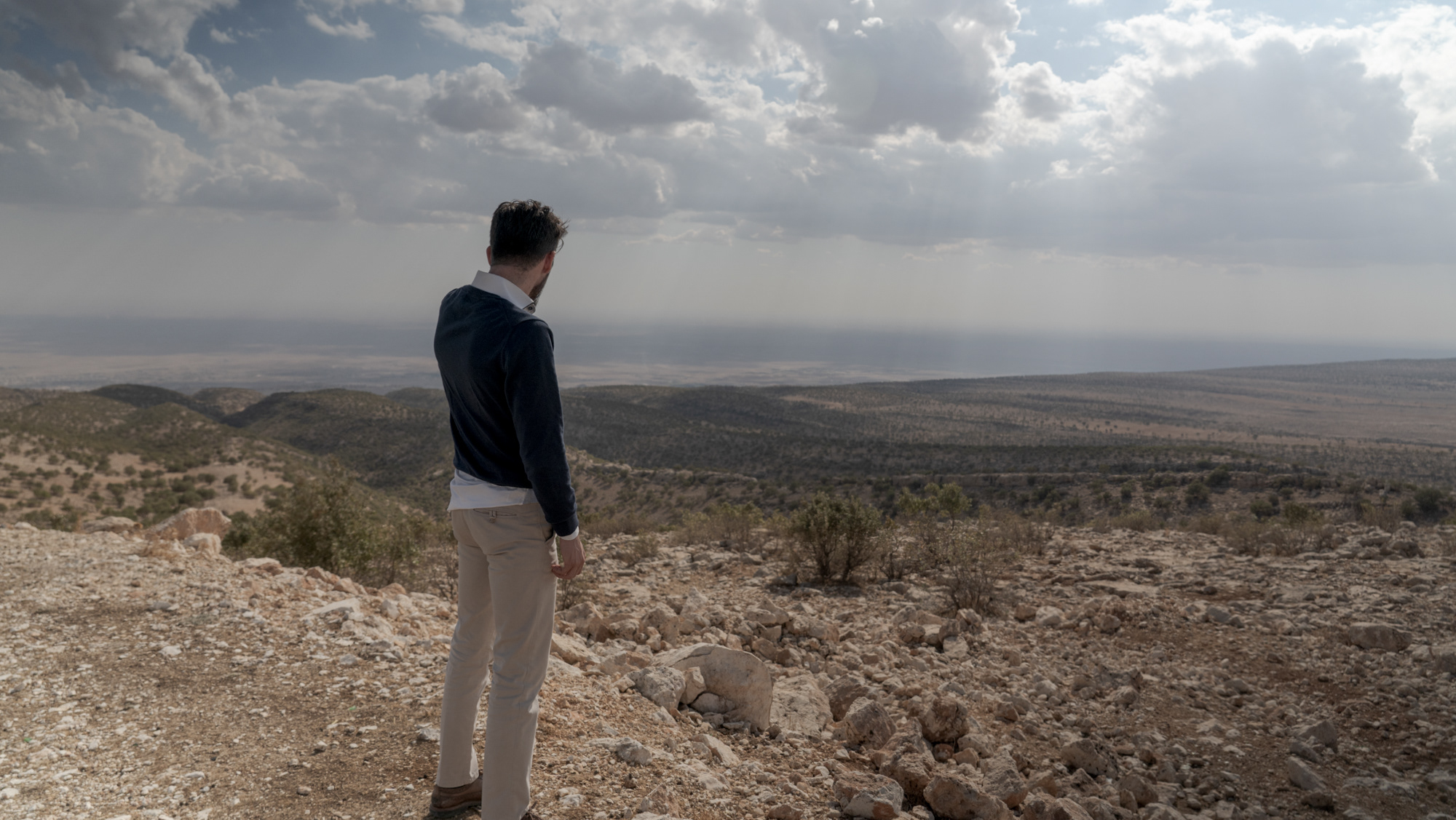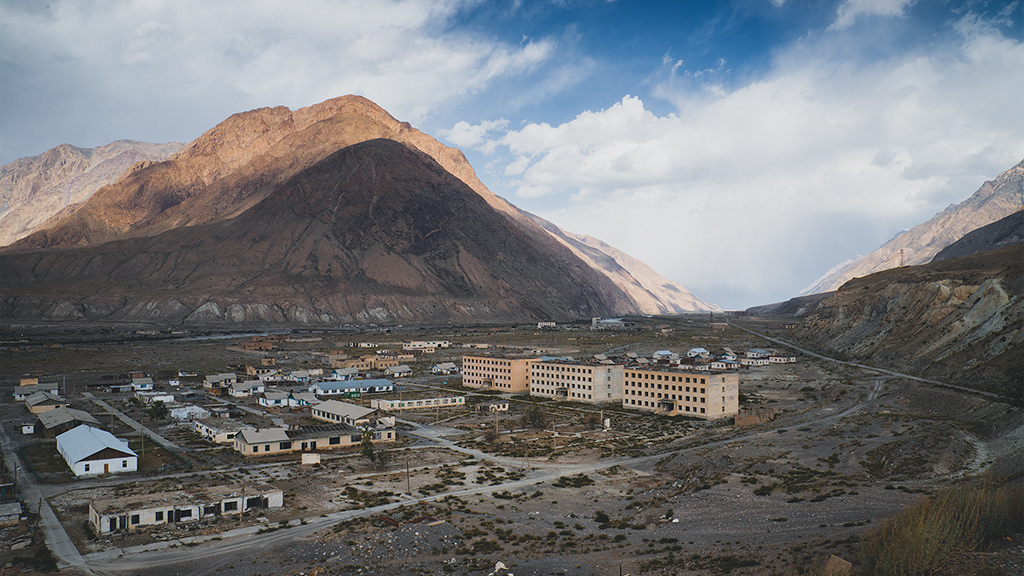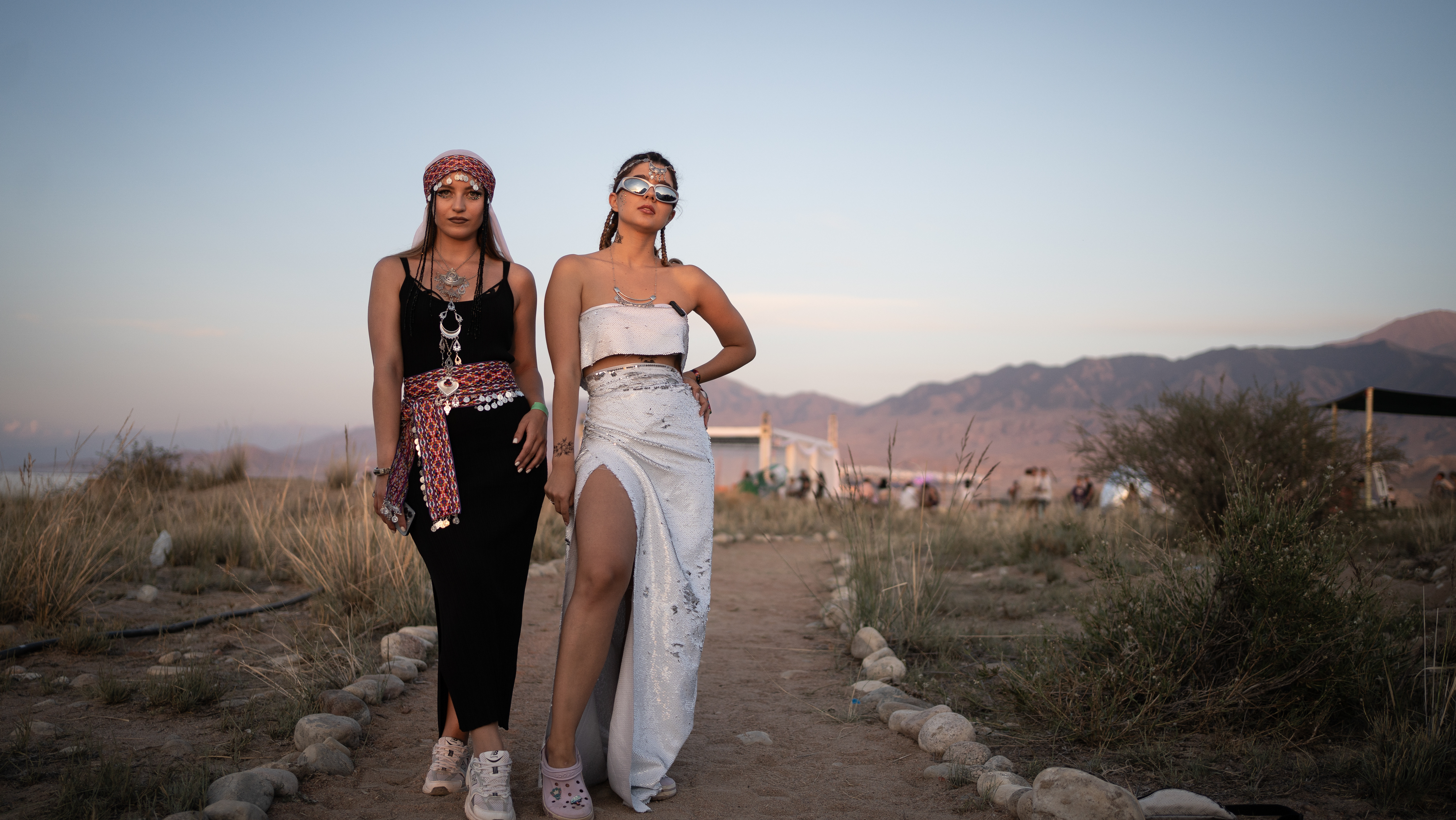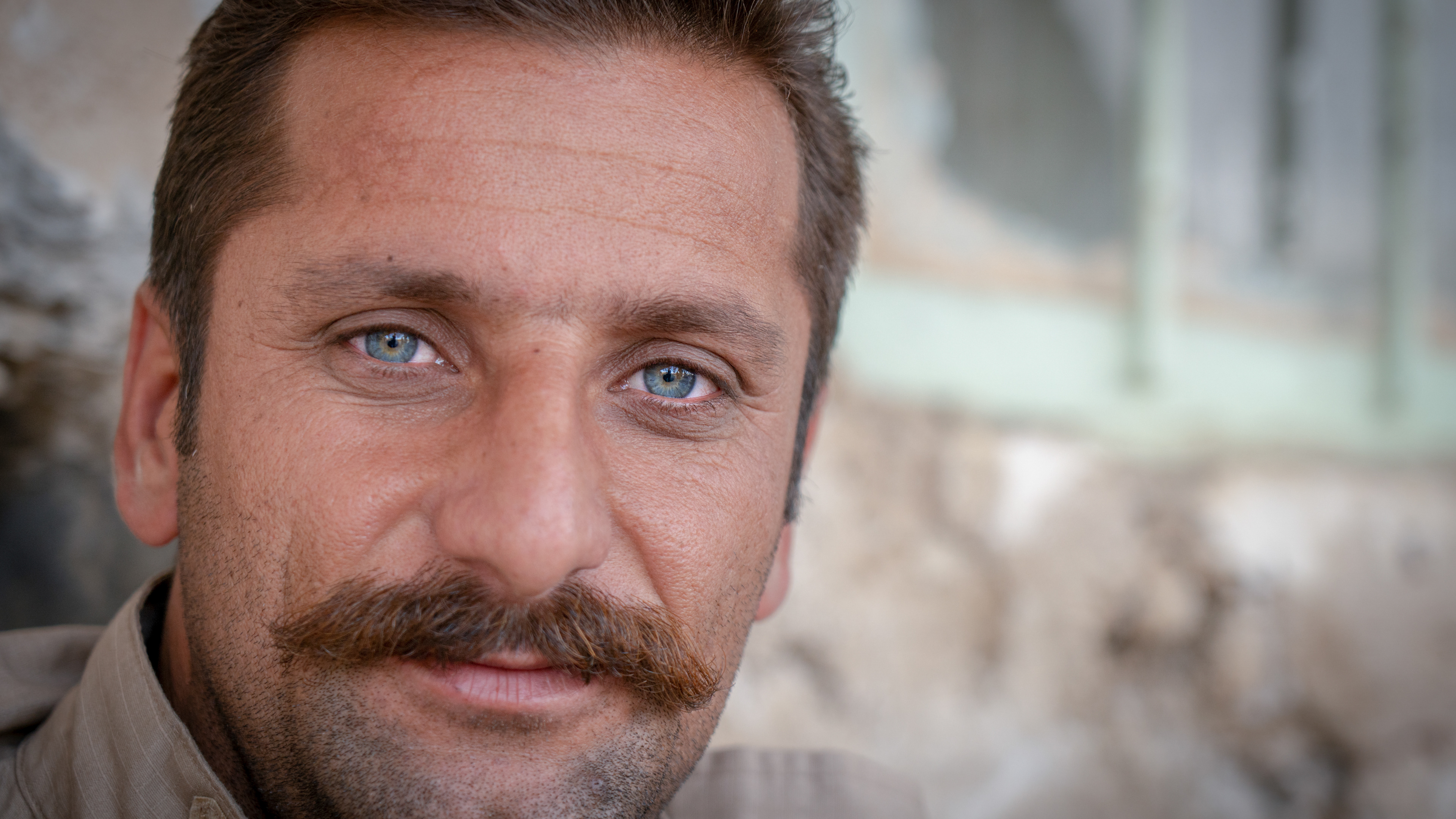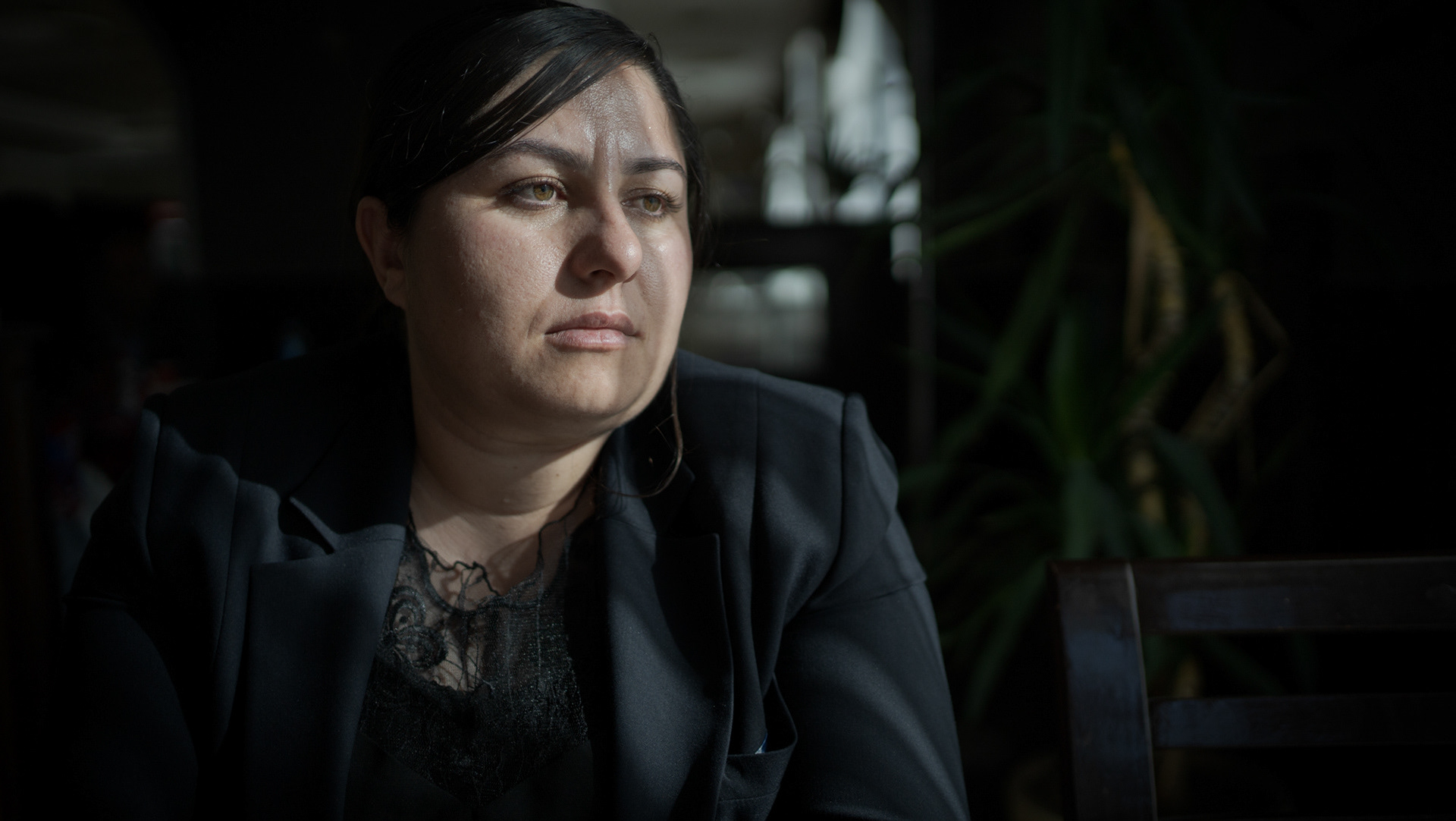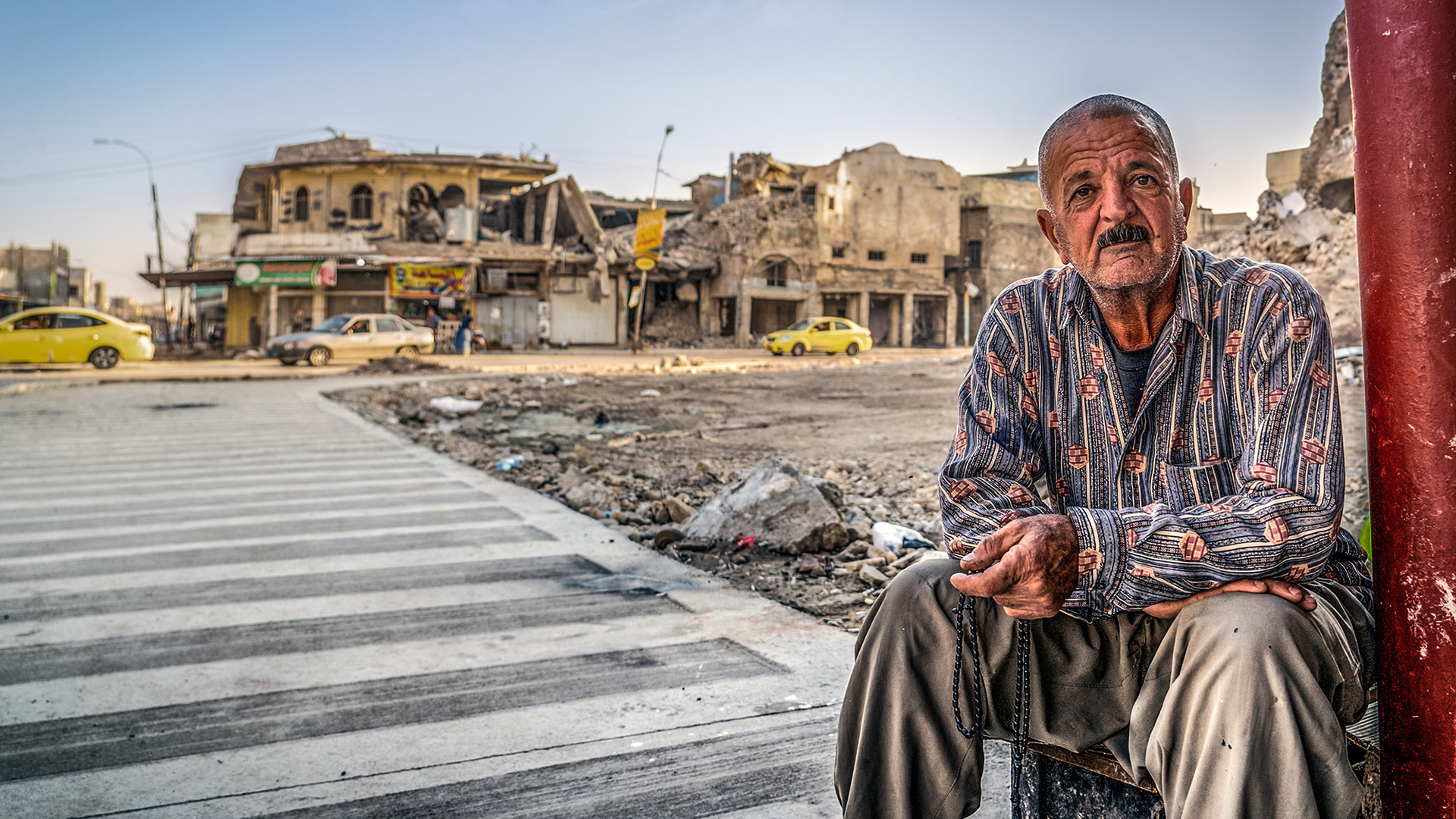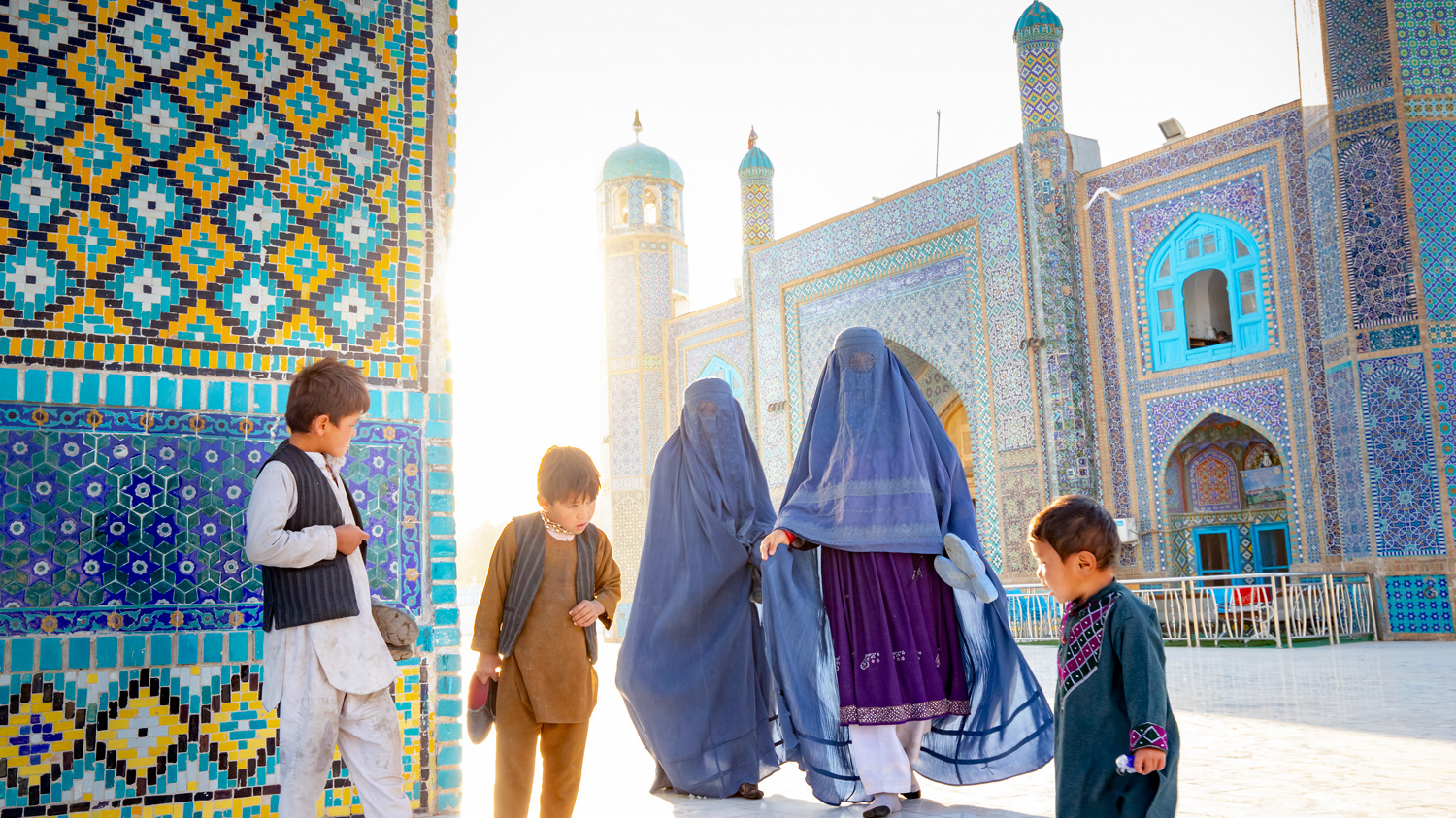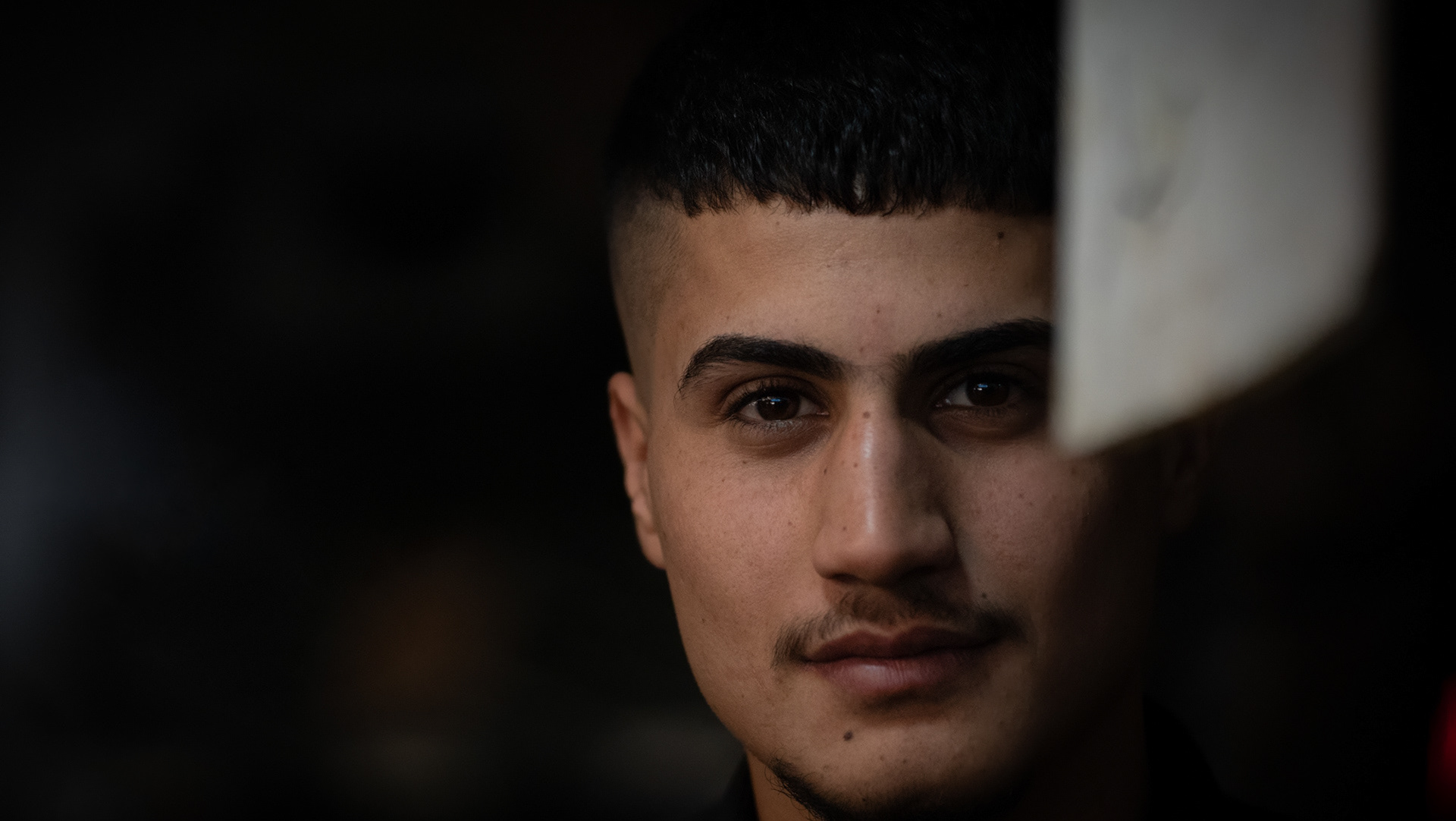Located inside Iraqi Kurdistan, a semi autonomous region in Northern Iraq governed by the Kurdish Regional Government, Lalish is a safe area for Yezedis.
The tomb of the founder of the religion can be found here, as well as several other tombs belonging to the incarnations of the Seven Angels. In the Yezedi religion, the world was created by God, who entrusted it to seven angels to guard the world, led by one known as the Peacock Angel, called Melek Taus. Melek Taus is the primary figure in the Yazidi belief system. Their faith doesn't have real prophets like other religions, Melek Taus can be considered to take on that role.
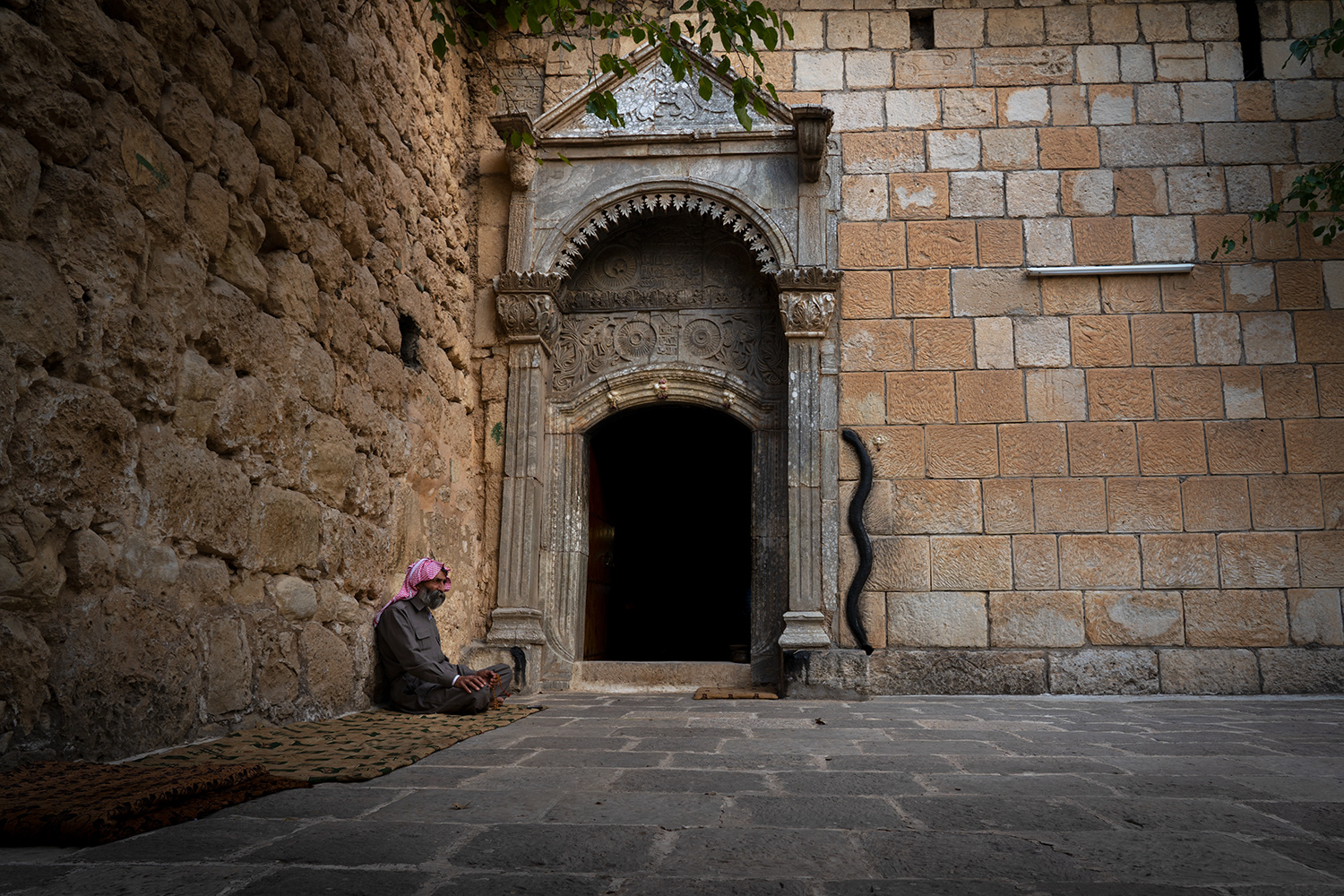
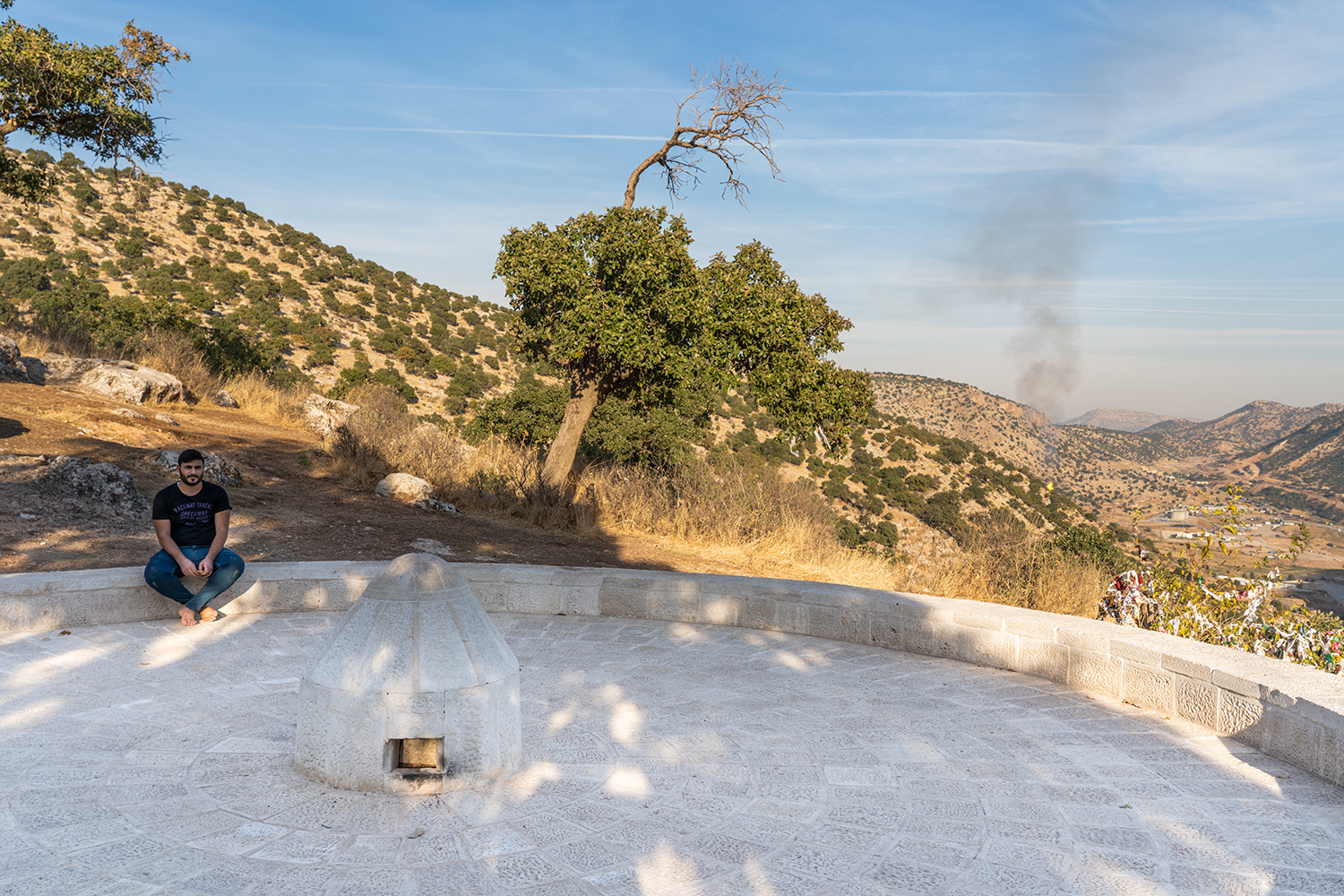
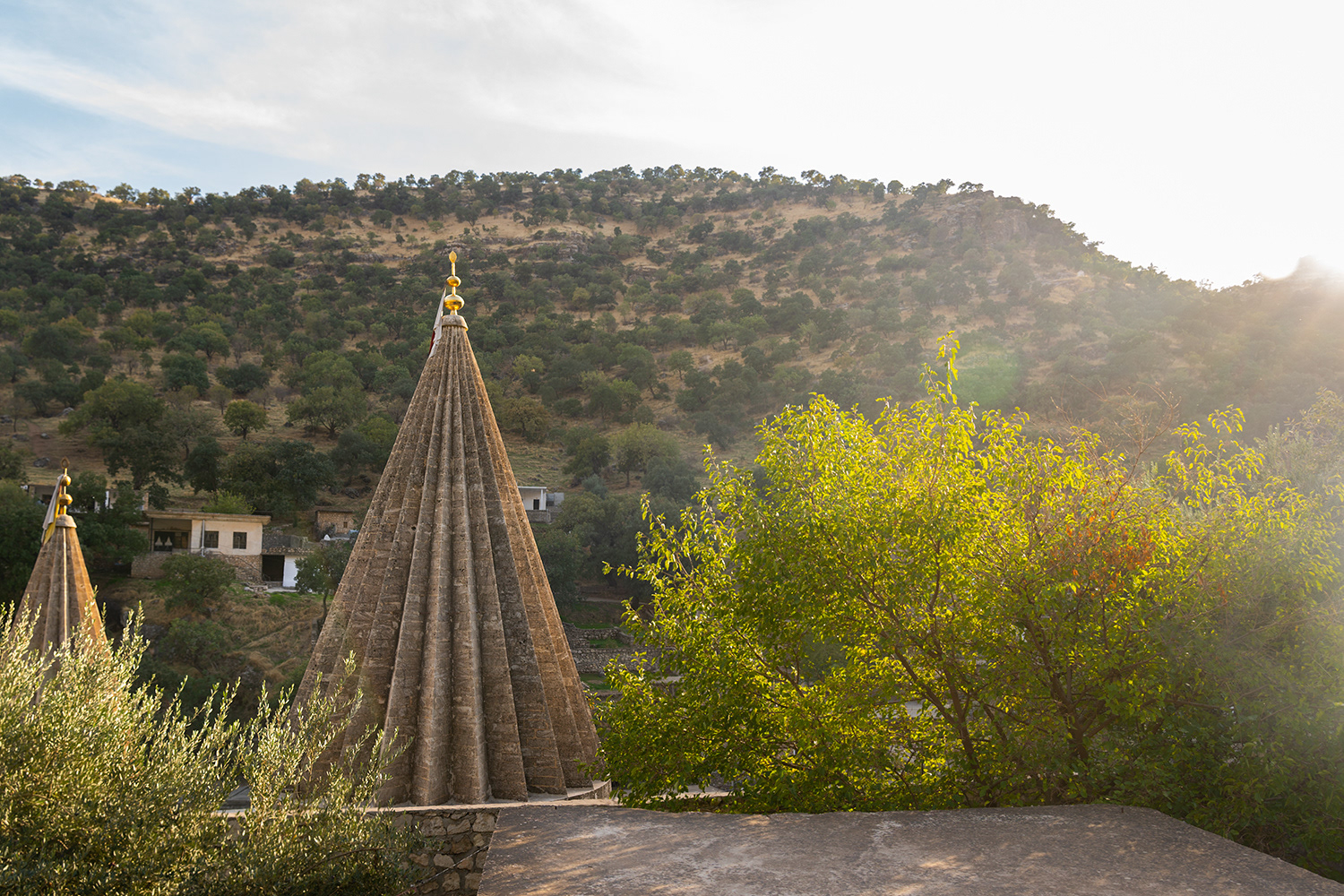

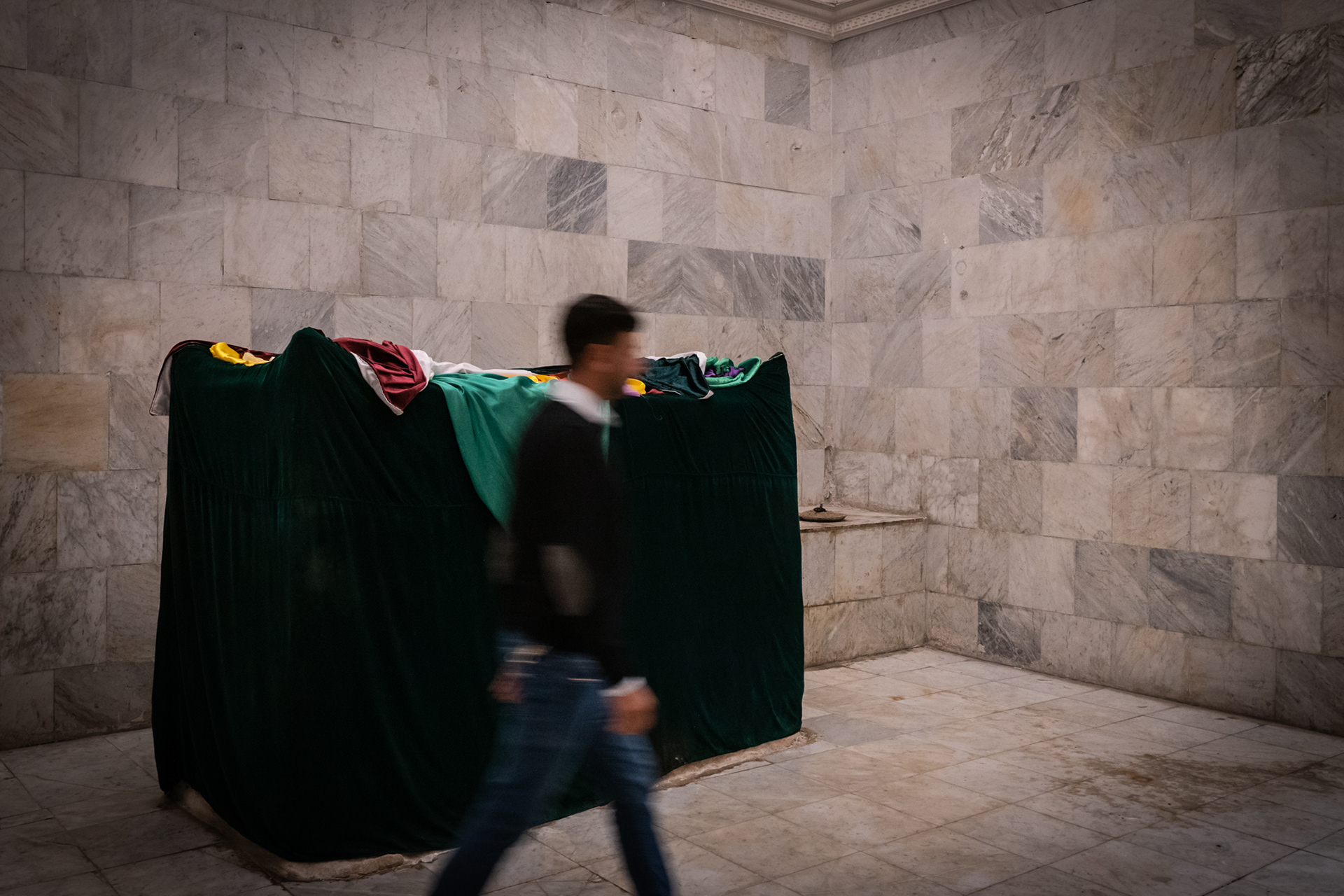
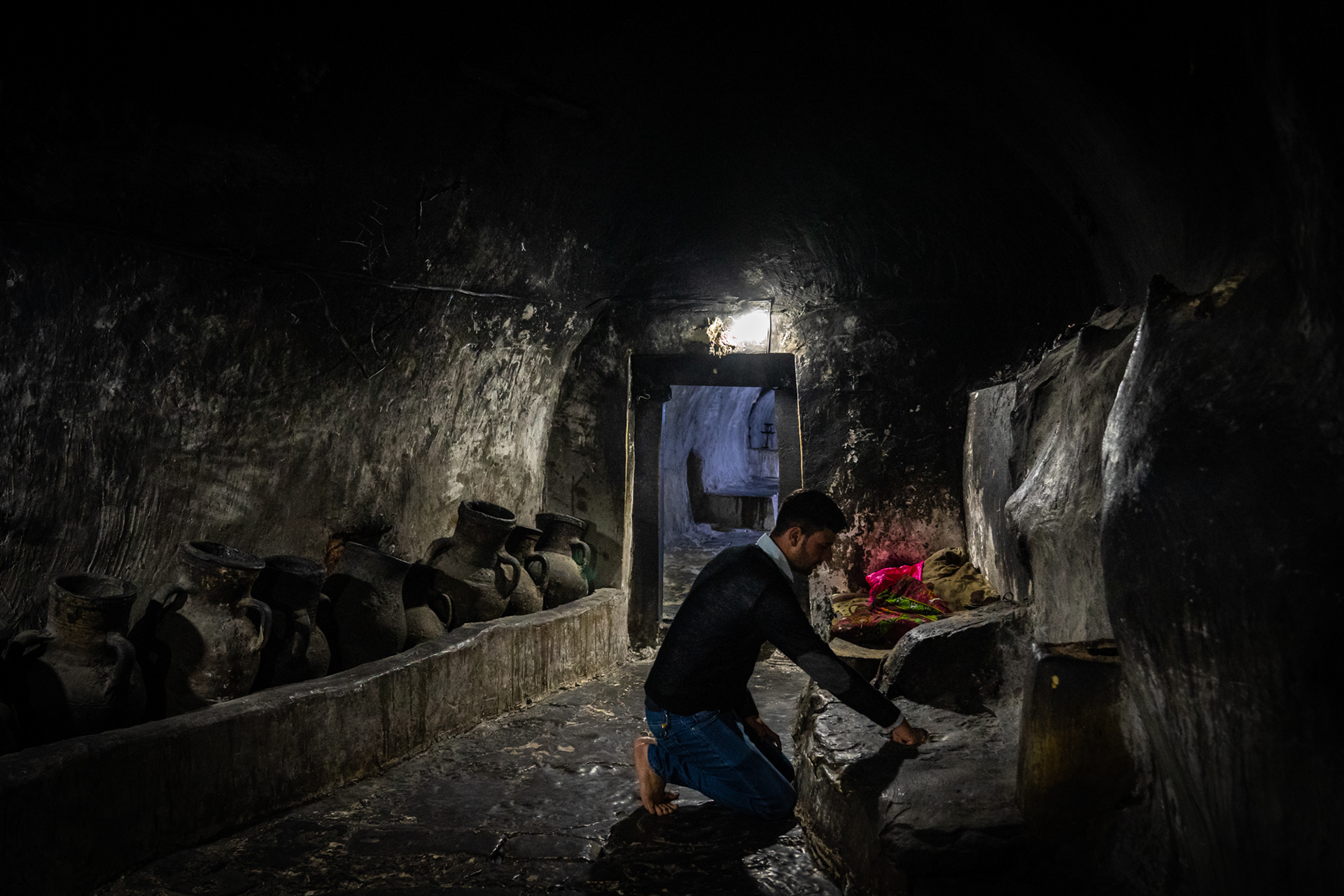
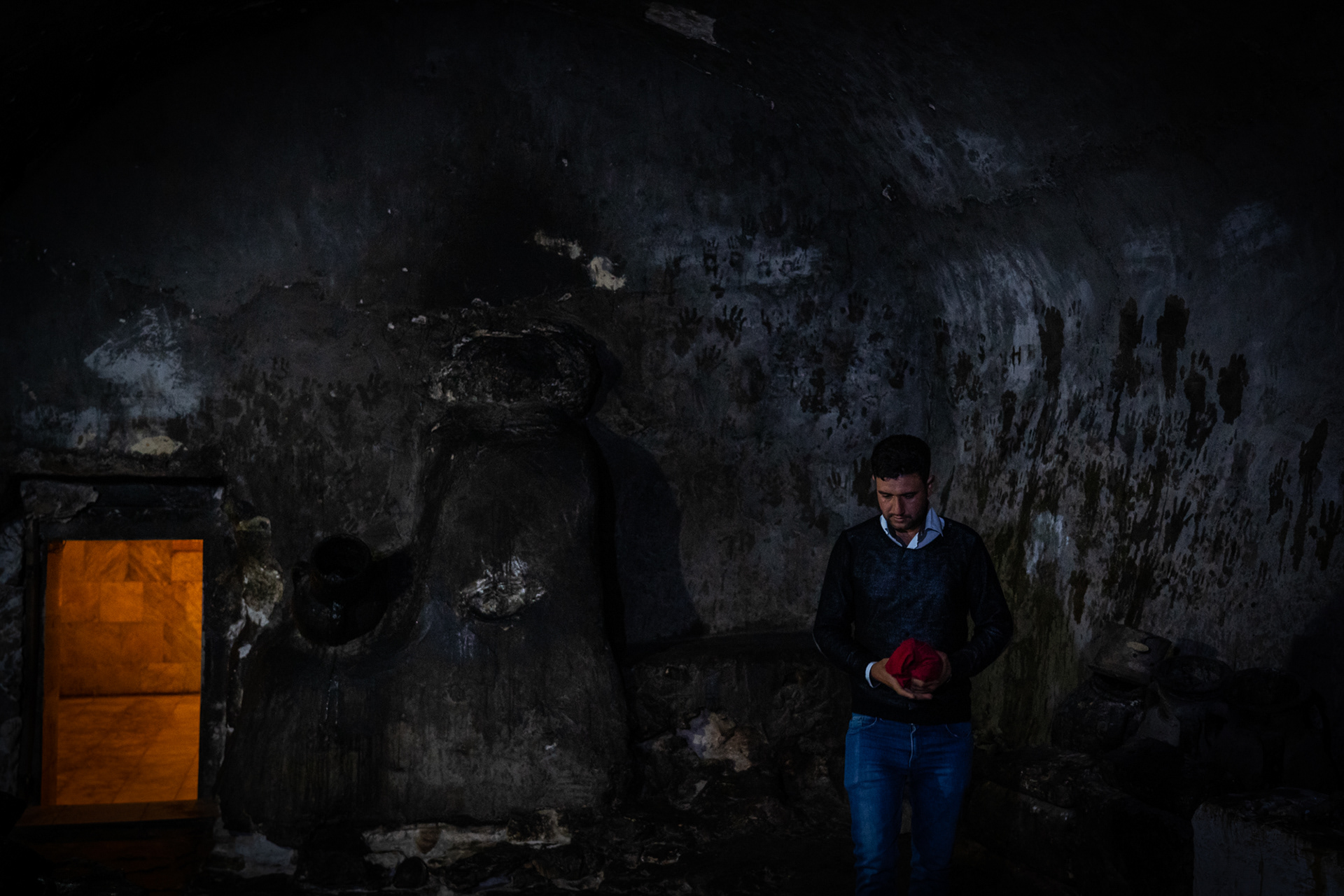

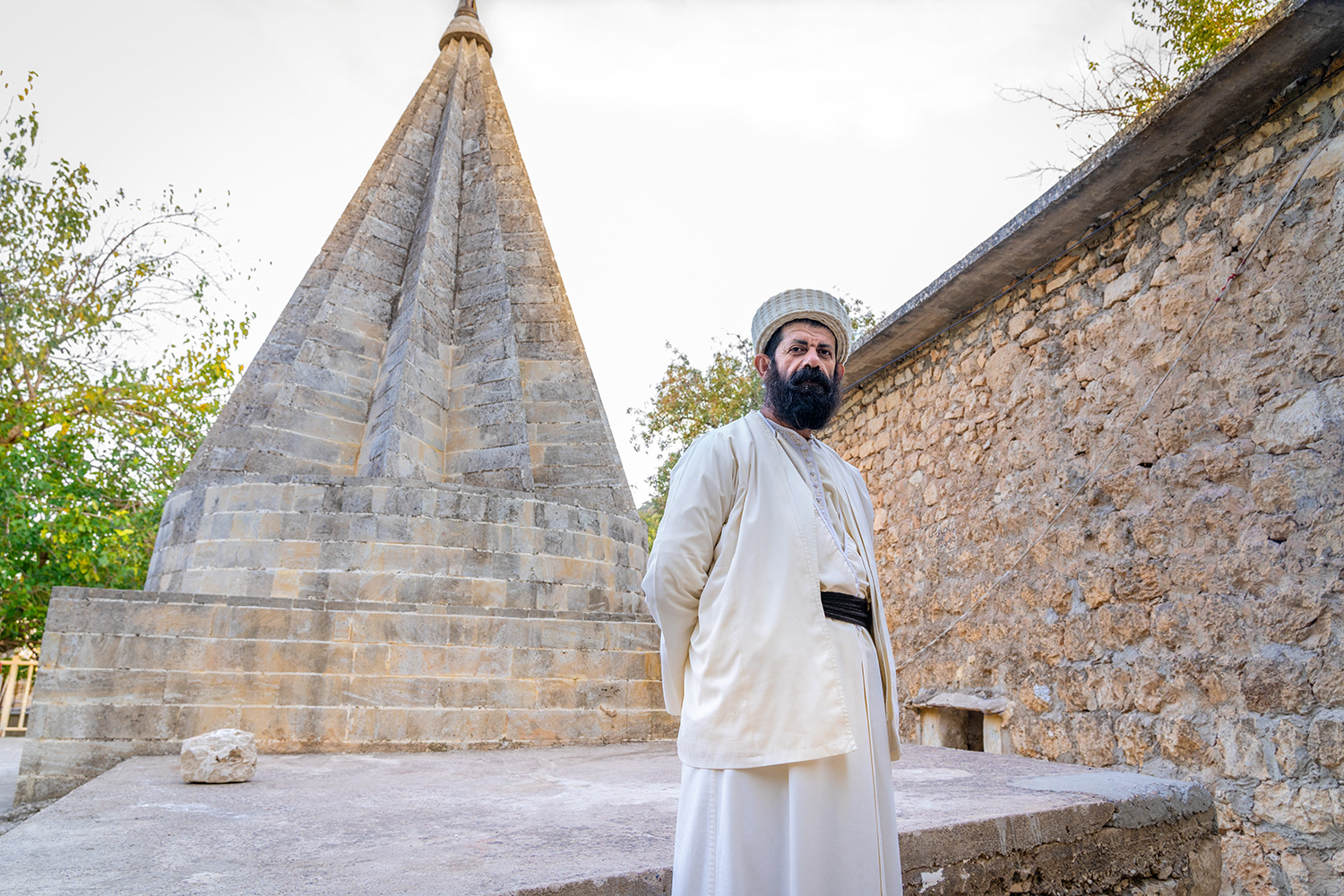
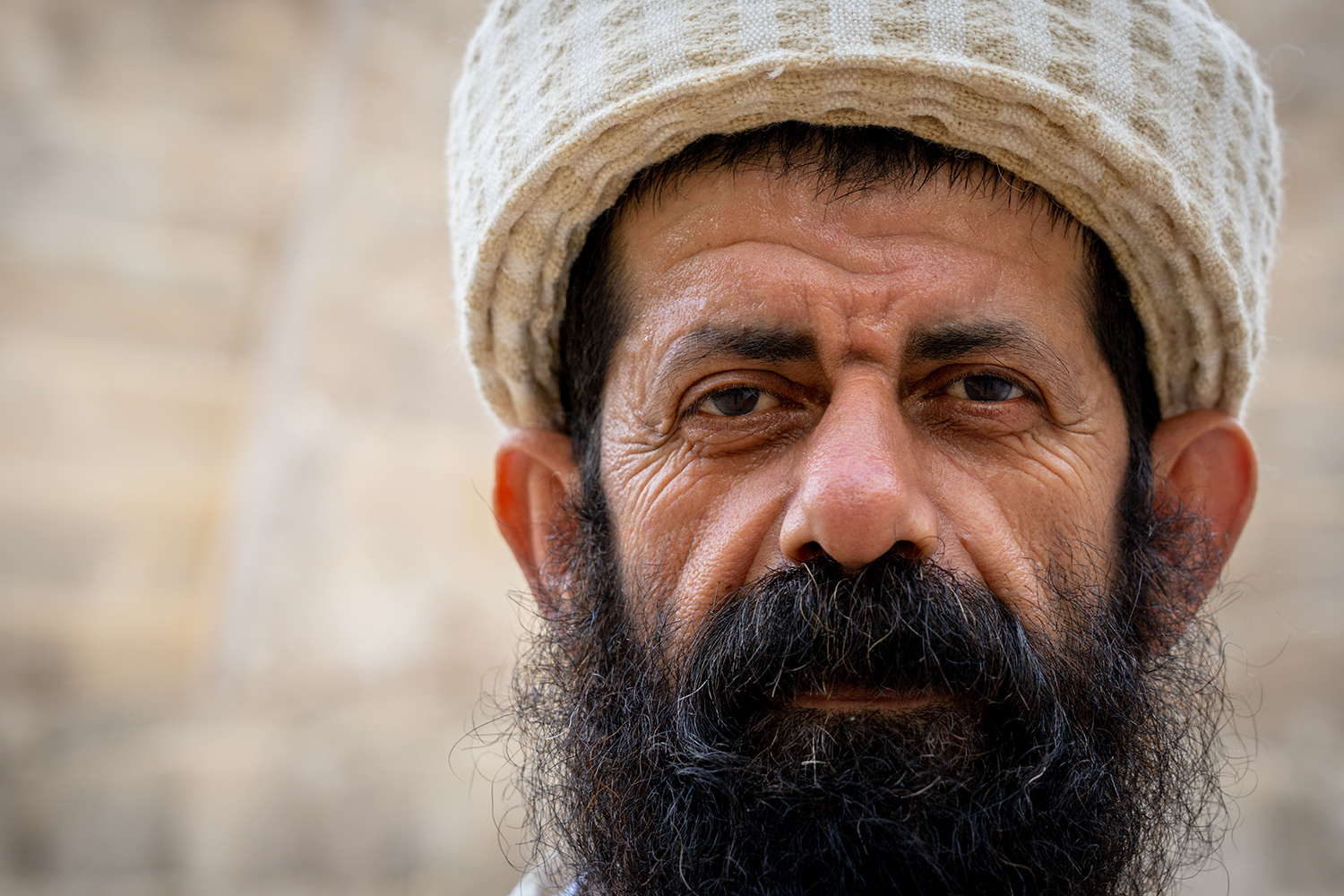
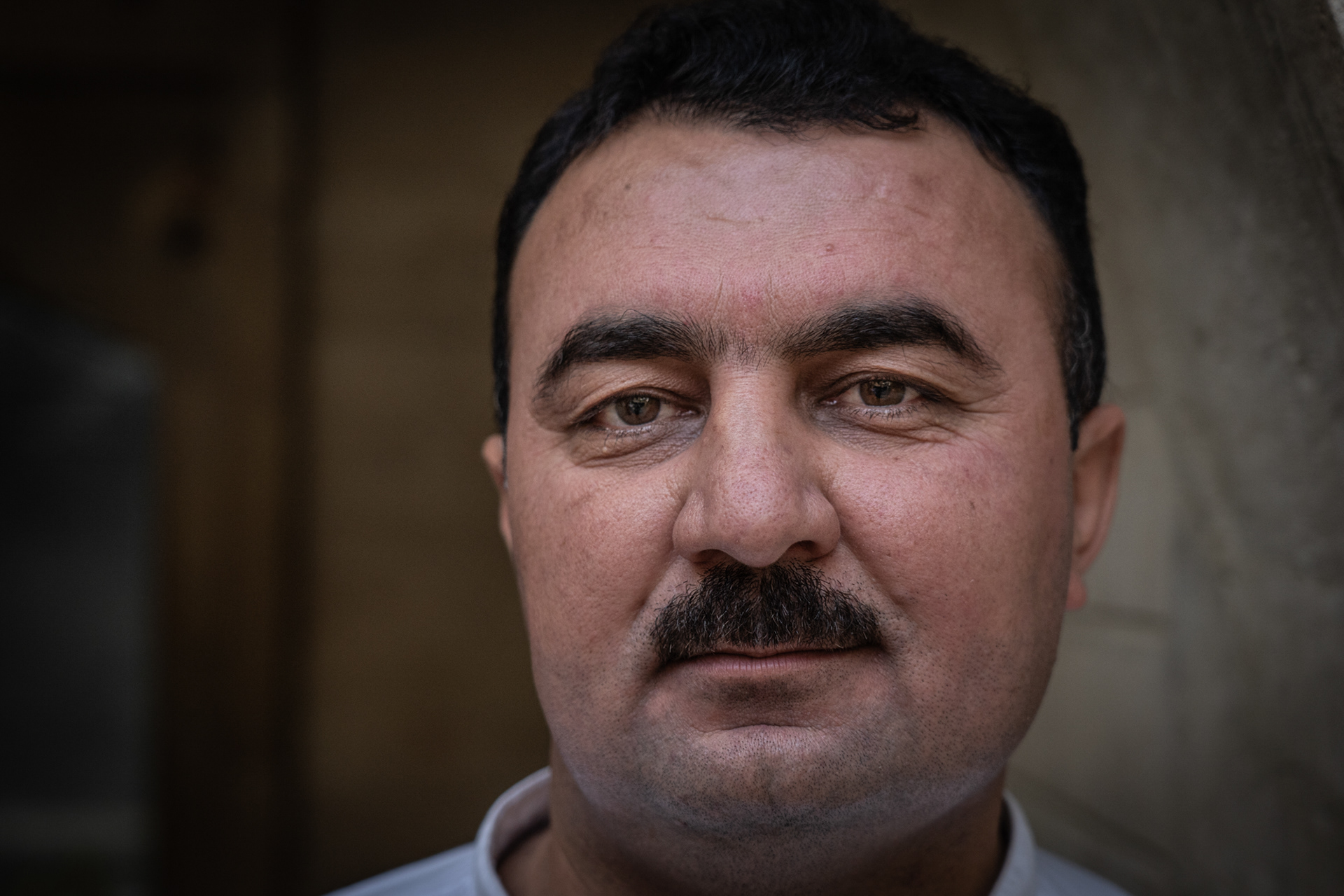
'In our religion there is no prophet or messenger. There is no missionary, so we don’t accept conversion. You cannot convert to it. We feel that god made me born as a Yezidi, otherwise I would be born Christian or Muslim, so I should stick to the decision of god and not break it'.
'We have 4 sacred elements in our culture: water, fire, wind, earth. They are sacred because the whole world has been created by these elements, humans came forth from this. Fire is the most important element. We see god in the fire, because god is light and warmth. We have a strong connection with nature and the elements and all our holidays are centred about the changing of seasons and nature.'
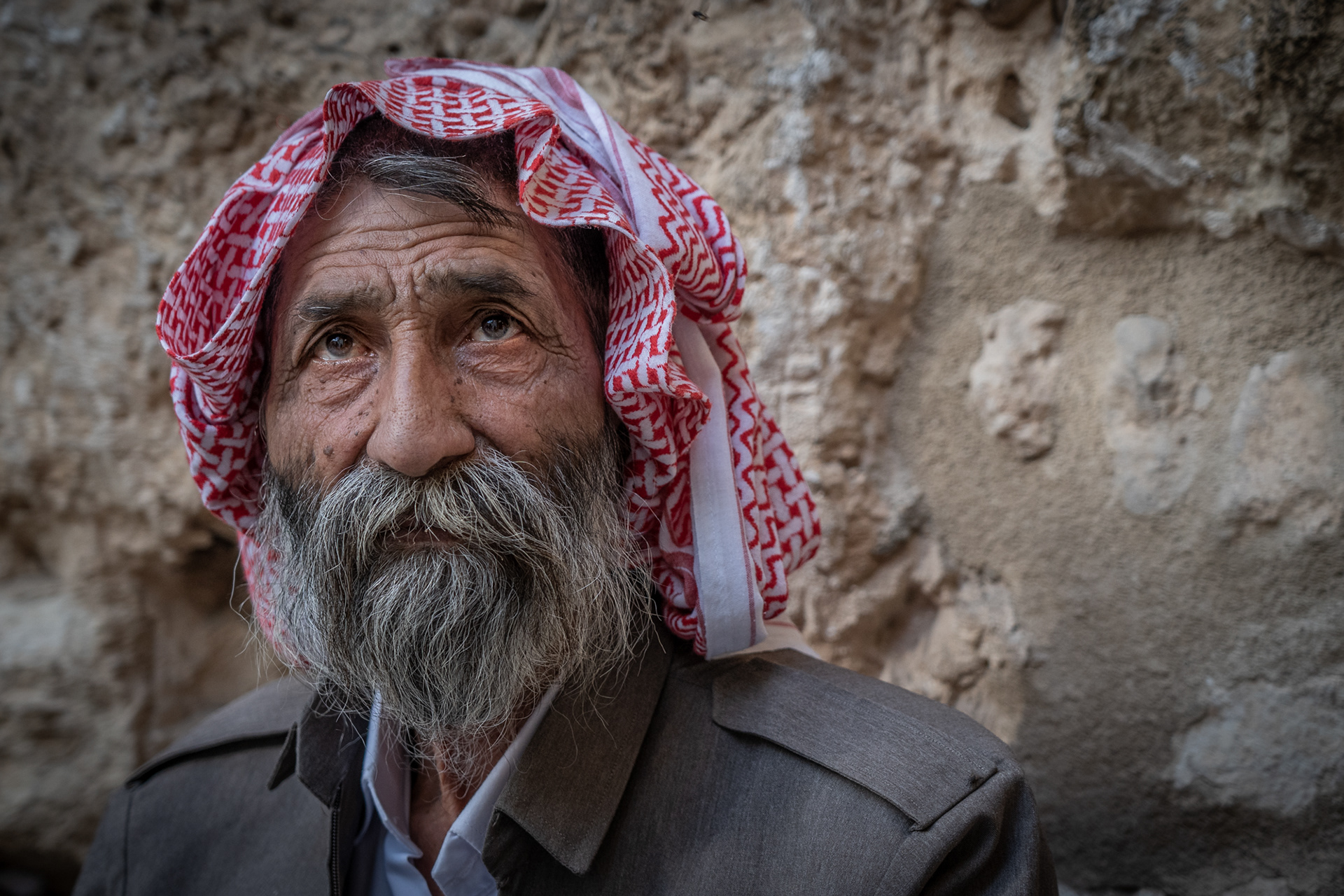
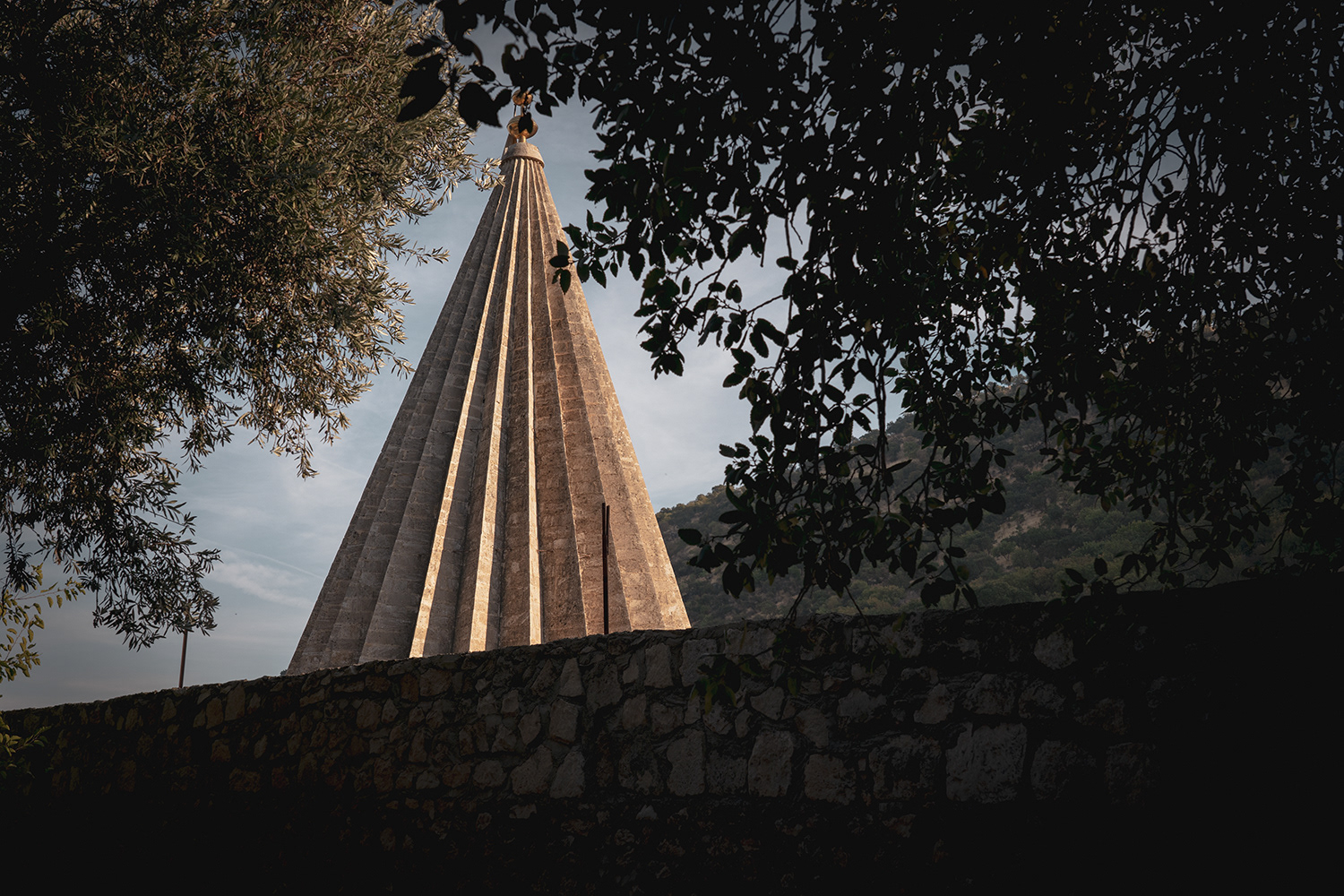
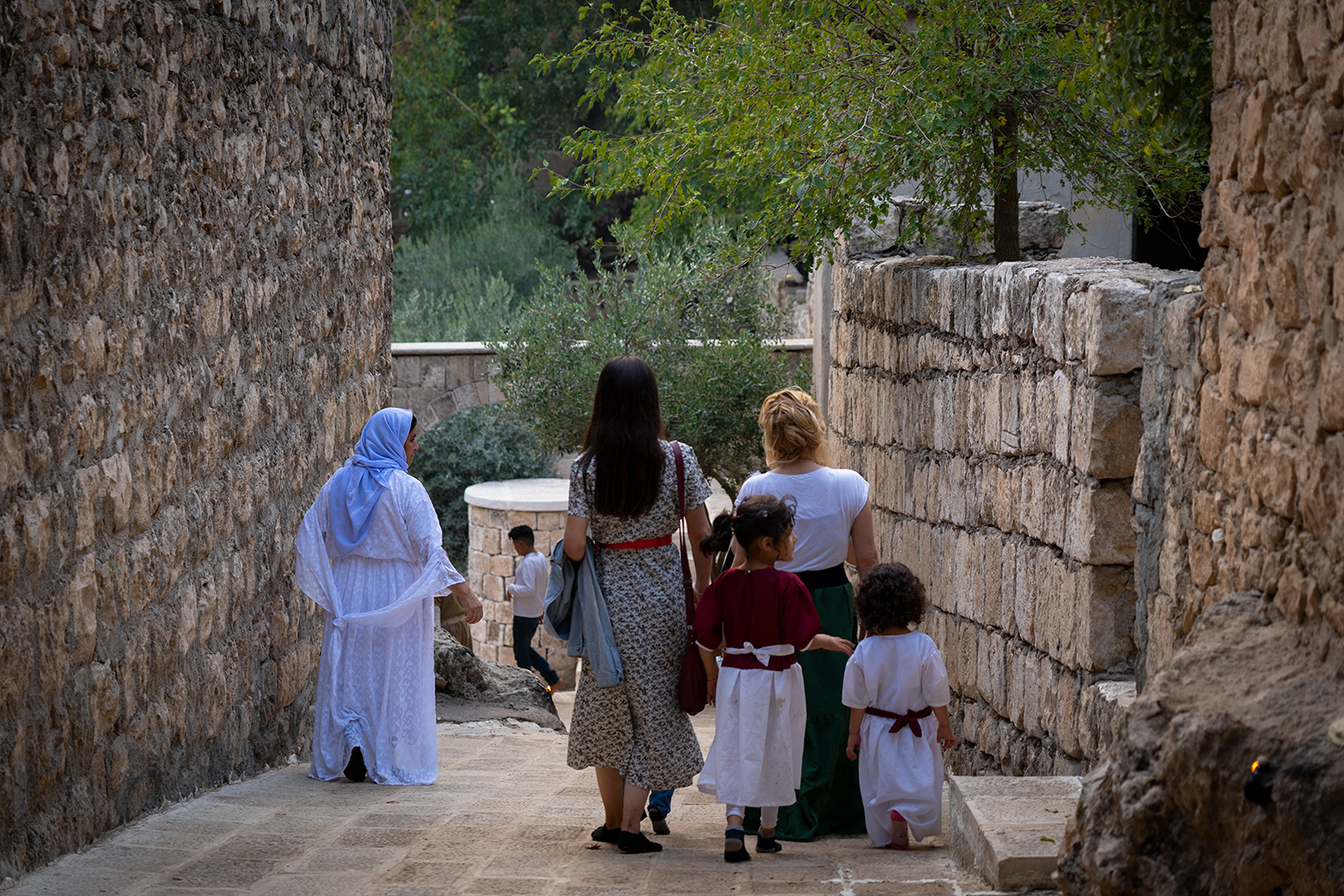
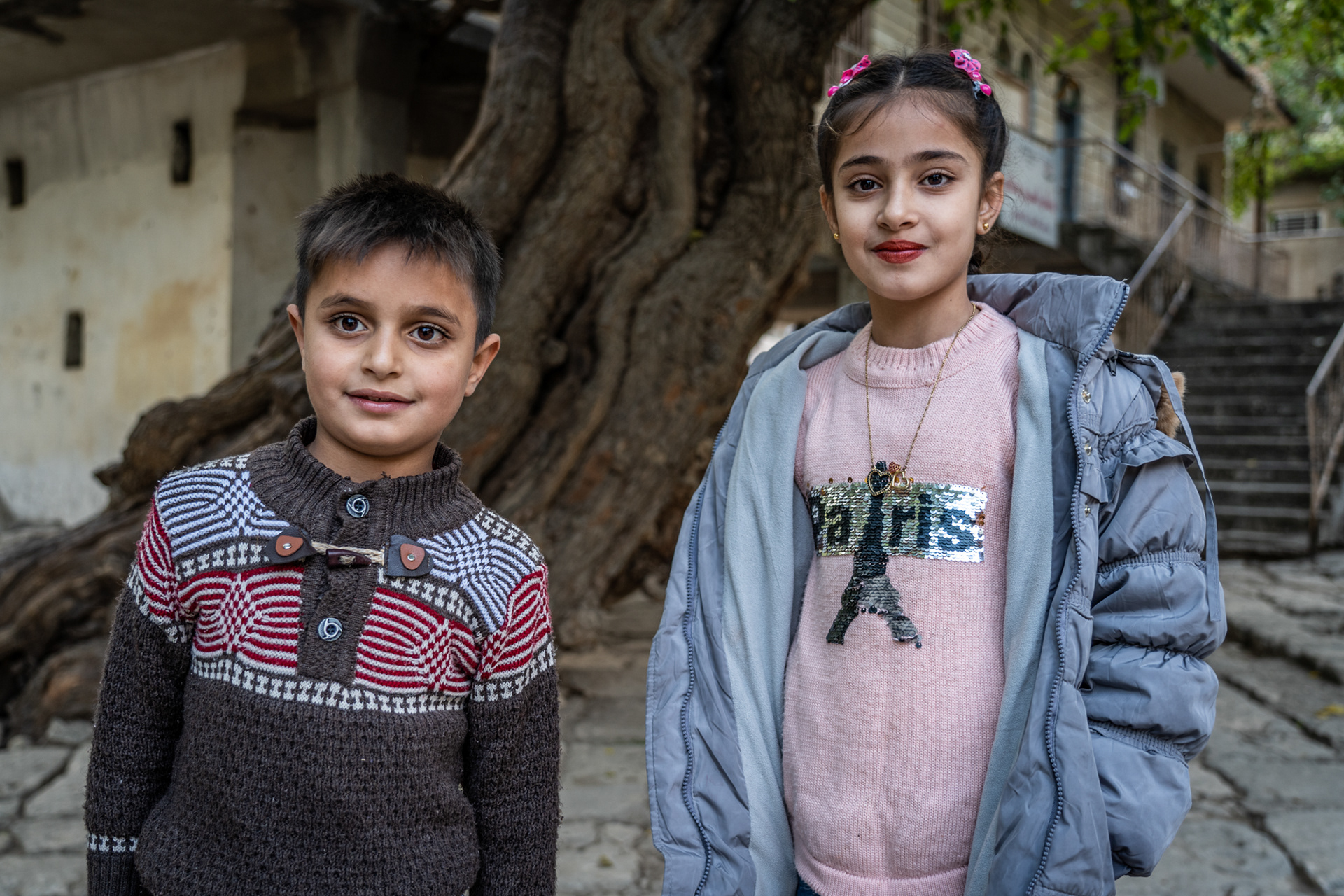
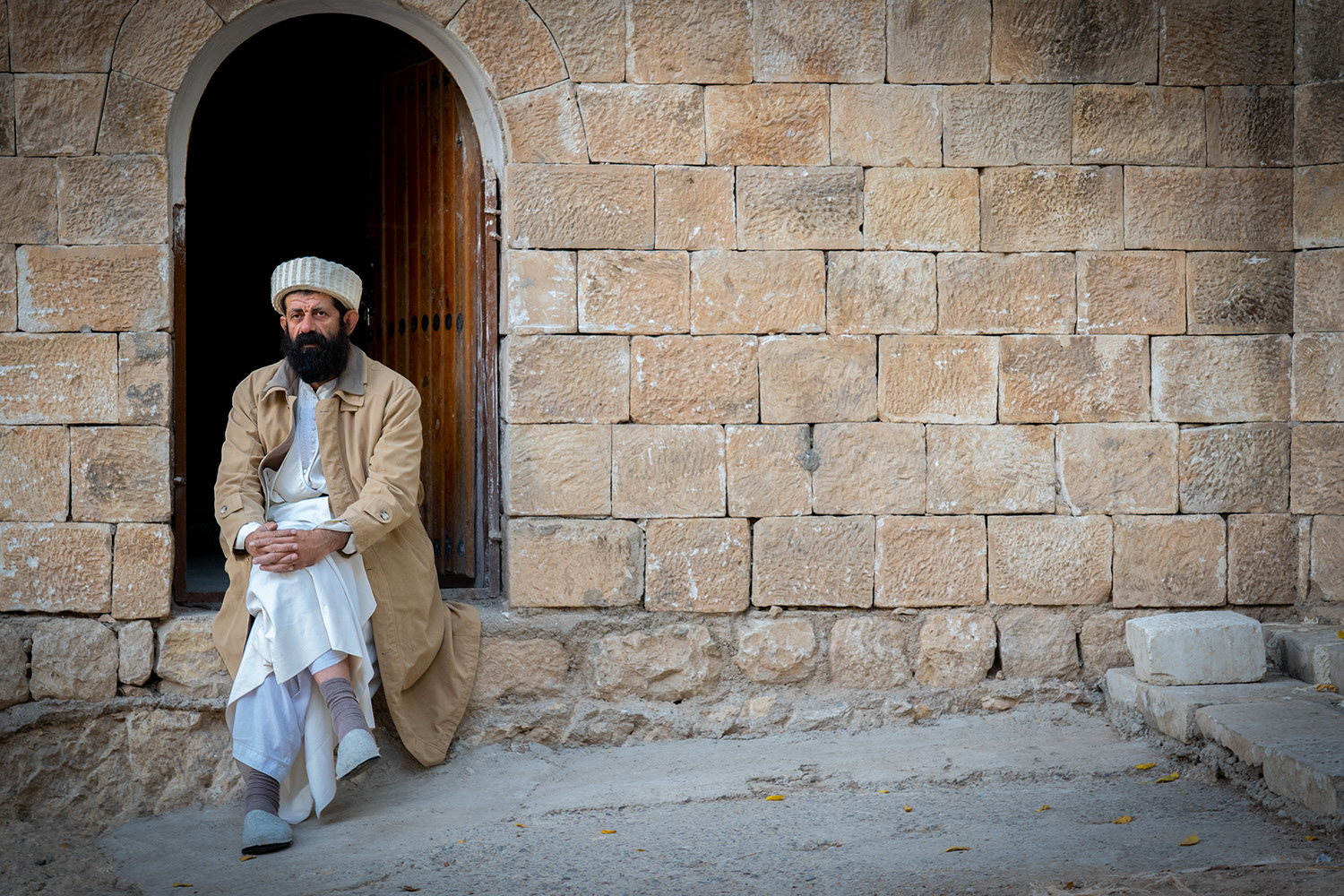
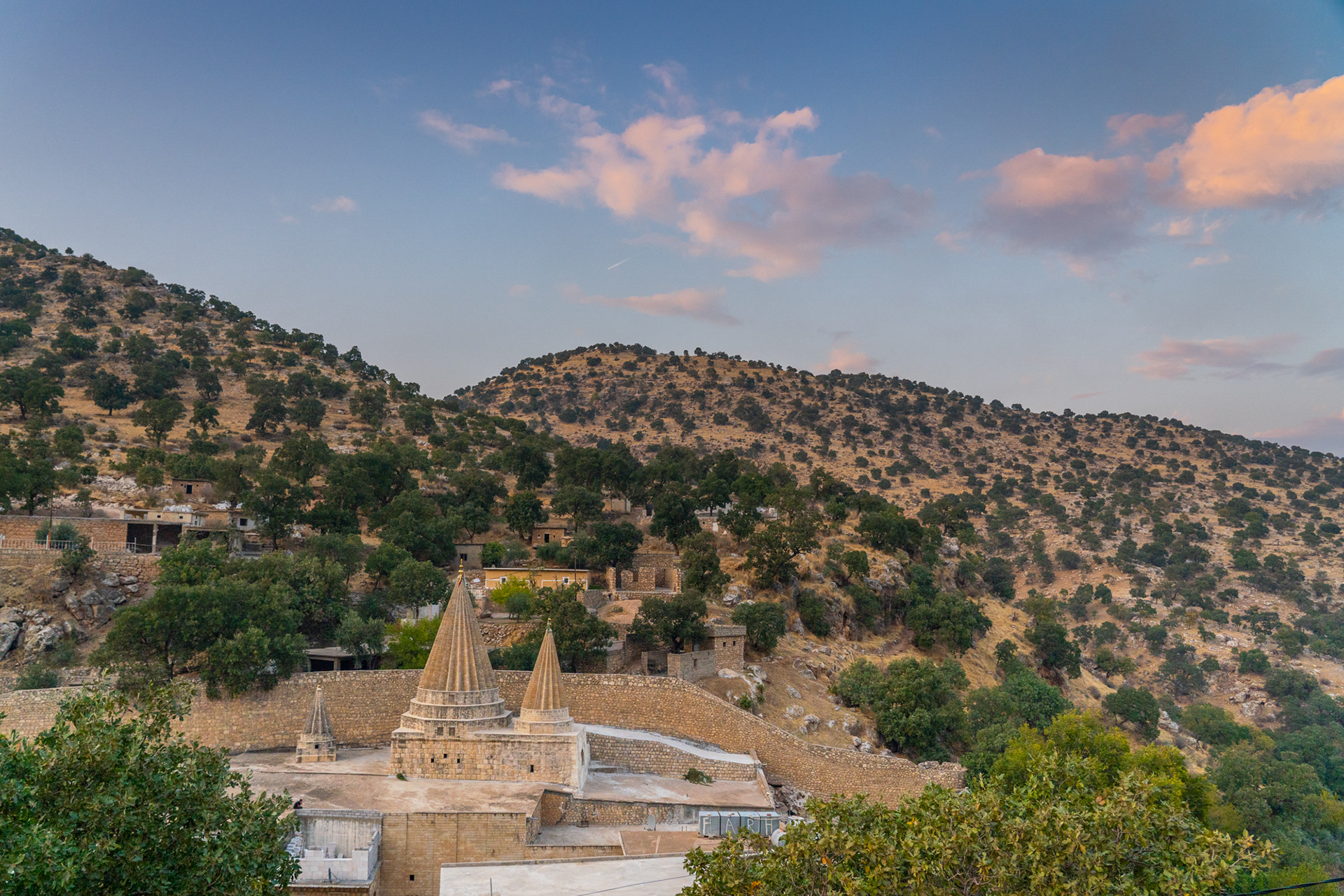
'When we come here, we feel happy and special. Lalish is the holiest place in the world for us. When we are home again we feel well rested, also mentally. As a Yezidi we always live in fear, we are afraid that even tomorrow the time comes that again a group will come and attack us. That we again become victim of a genocide. We are aware that history repeats itself and as far as we are concerned, that is nothing new for us'.
The IDP (internally displaced person) camp in Khanke has almost 17.000 inhabitants. The number of IDP's is not declining, rather increasing and this camp is already full. Some people have been in the camp for 6 years already and still have no prospect of leaving. Sinjar is too unsafe to return with ISIS still being active and the Turkish government bombing the area because of the presence of the PKK. Multiple militias that are present in the area make it difficult.
There are hardly any facilities or infrastructure in Sinjar. They don't have the resources to buy a new house in this part of Iraqi Kurdistan and Europe doesn't grant asylum to Yezidi refugees anymore as they deem the conditions in the camps sufficient to live in. Thus, most of them are stuck in these camps.
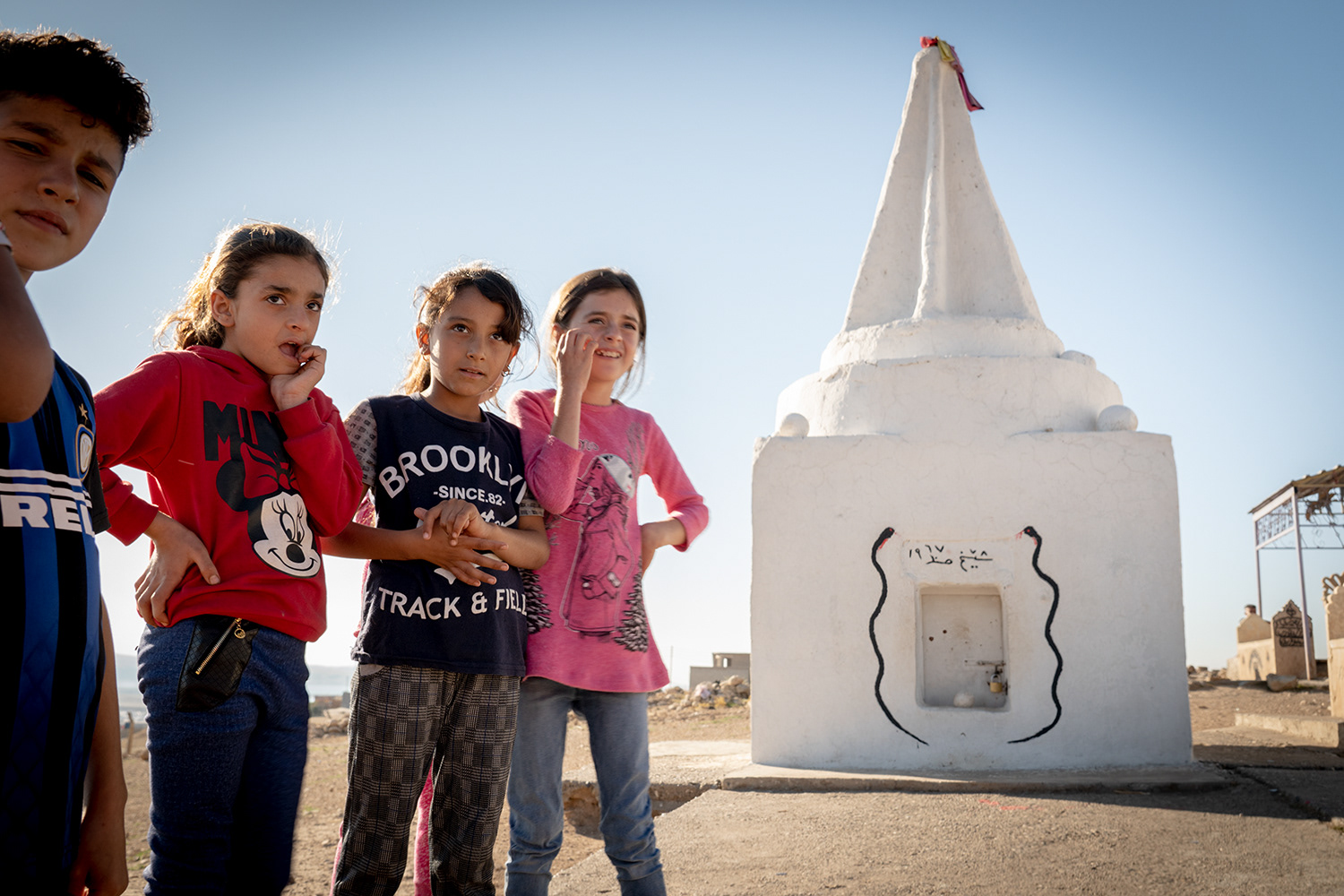
'It puts an enormous pressure on the Kurdistan Regional Government and the Duhok governate, who arranges the tents, food, medical supplies, electricity, water etc. and fund all this themselves. We need more support and funding to continue hosting this.'
As there seems to be no end in sight to the hostilities of the oppressive regimes surrounding the Kurdish autonomous region, the camps will be needed for a while.
'You know, for the people there is no other choice. If they could go back, they would. Nobody wants to live in a camp, believe me.'
The tents get extremely hot in summer, freezing cold and dealing with floods in winter. Accidents sometimes happen, for example a tent catching fire and killing it's residents. There is also suicide amongst the camp inhabitants who cannot deal with the hopeless situation anymore.
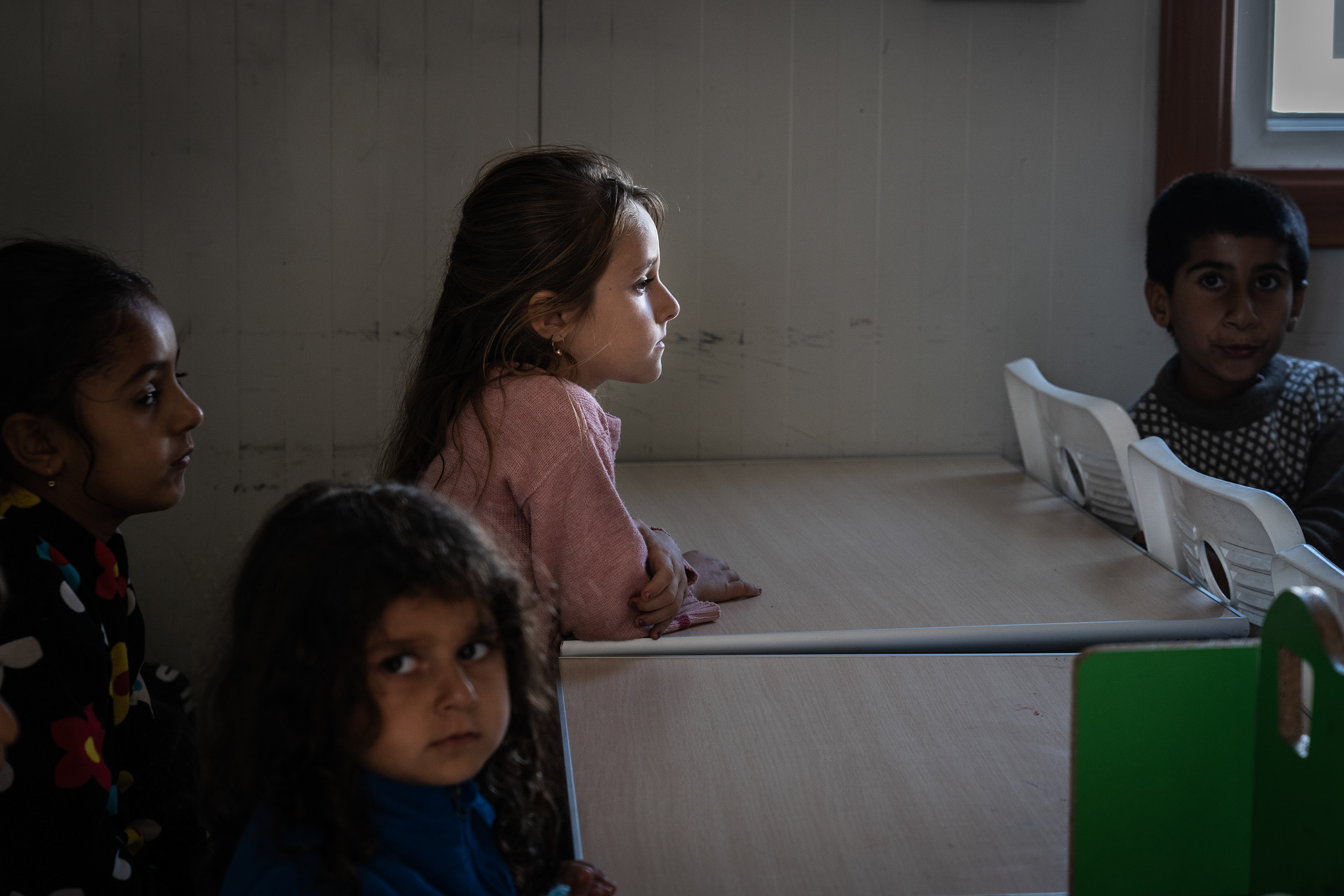
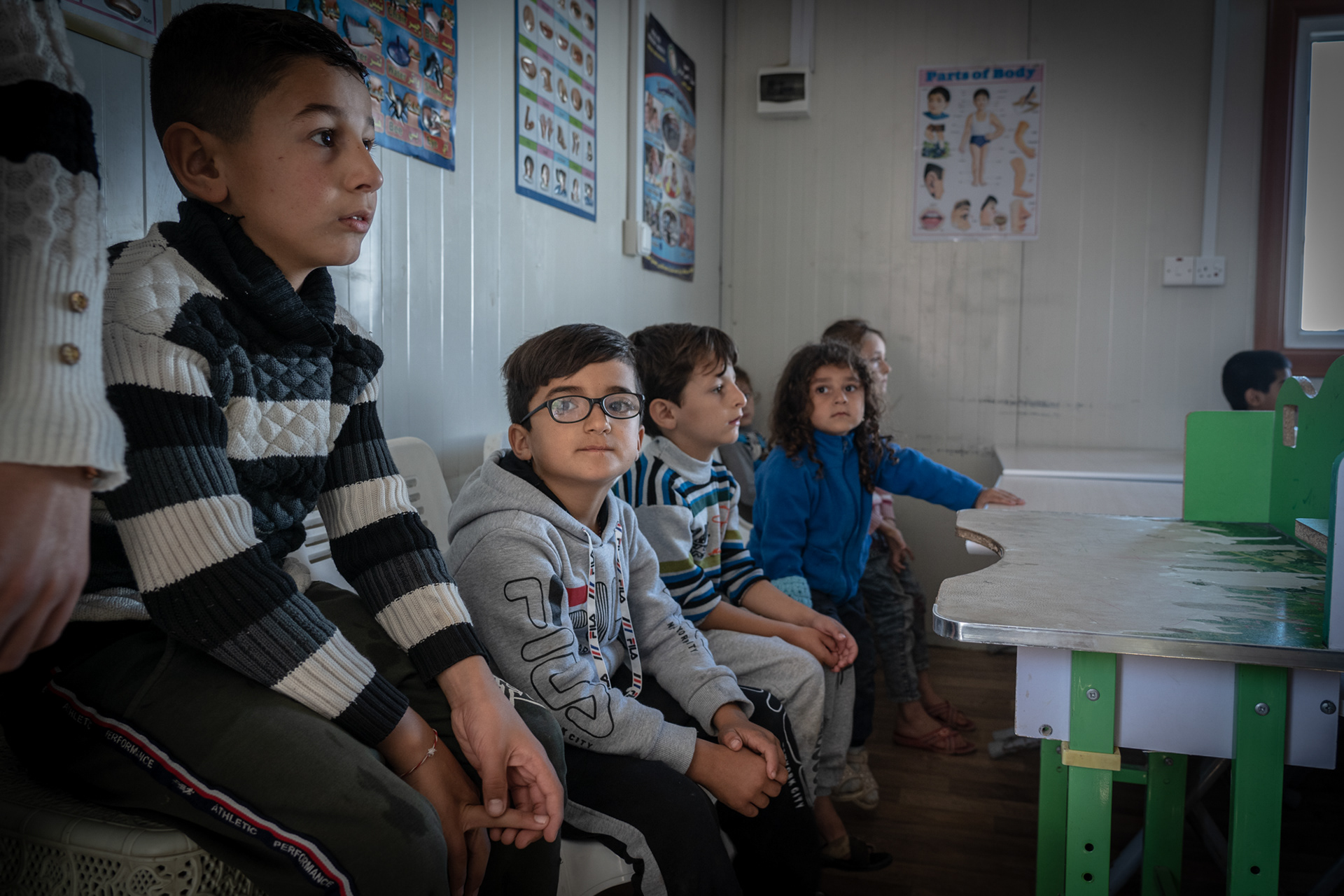
'I came here to get more education. After the 3 months course I participated in, a vacancy became available. I submitted my CV and they offered me the chance to work here. I think this is the only center or organisation that give chances to its beneficiaries to to work. We need more organisations like this in our community that empowers women, teach them to stand up for themselves, provide for their family and support the community. Before, a lot of women were not educated, some could not even write their own name, but after participating in the classes they learned a lot.'
'Before I came to the camp I was helping my sister, who had her own business as a tailor in Sinjar, so teaching the sewing class is familiar ground for me. I think it is important for women in the camp to come and participate in classes and activities because I see how it benefits them mentally by making friends and socialise.'
'We try to have hope for the future but it is really hard. Before the genocide we had it quite good. We had things in mind for the future and dreams for careers. But we lost everything. My only dream now is to return to Sinjar, my home ground, and start a new life. One where nobody is controlling us'.
'When I started it was very difficult in this area for a women to say no. Even if there is something that she doesn’t want to do, she would find it difficult to say no. So, we started helping them building the confidence to ask for help, look for job, stand up for themselves. It is good for the women because sometimes they might be in some situation they don’t want to be in, but they have to because they don’t have the confidence to say no. For some people that we help it is difficult for them to go to the center because the men are not letting them. But the men come to see that the women are also capable of many things, not only domestic chores, and work for themselves. So they have to accept it; she is a strong woman'.
'If I could say something to people unfamiliar with their situation, in Europe for example, I'd say that, look the war forced them to leave their country, their home, their family; no person wants to leave and settle somewhere far away from home. So if you just look at that person in a weird way, you do not understand them. Those people might have suffered a lot. My suggestion is just go and notice people. There might be a big story behind them, and not only see them as refugees coming to your country. They are just looking for a peaceful place to live.'
'If I could give one advice to the women here, it would be to just go after whatever you want to achieve. Achieve it. Do not let anything stop you.'
'I was studying English language and literature in Duhok at the time and came back to Sinjar, but when we were hearing what they were doing with woman and girls we returned to Kurdistan before August, when it got really bad. Even here in Kurdistan I could hear the sounds of ISIS shooting and people crying and shouting. It was really hard and it is always in my head. I still have nightmares about it'.
Hewan says that a long term solution must be found for the situation of the Yezedis.
'We don't know what to do, we cannot return to Sinjar or go abroad. We have to stay here in these terrible tents, but until when? This is not a long term solution. We can rebuild houses, schools, hospitals in Sinjar, but there is something much bigger that needs to be built, it's acceptance. We don't want you to build houses for us, we want you to stop destroying our houses. We are not protected as a minority in this country. Why do you let someone from the end of the world come here and rape me, in my country? Why are you letting all this happen? Because I'm a nonbeliever? Because of my religion this has to happen to me? This is the main issue for us. There has to be acceptance. They have to stop this thing in their mind that we are devils. It is you that has to change, it is you that did all this to me. This has been 74 times. You have to see me as human, I'm like you. So yes, something significant needs to happen. Perhaps, in the education system teaching the new generation right values and truth about us.'
Please see for more information about the work the foundation is doing: https://www.freeyezidi.org/
